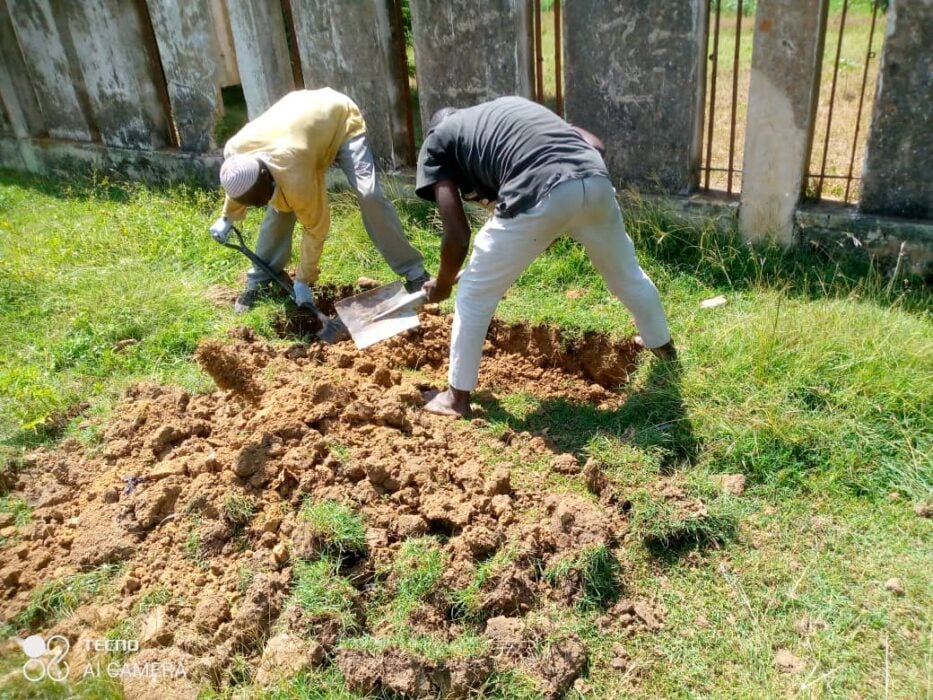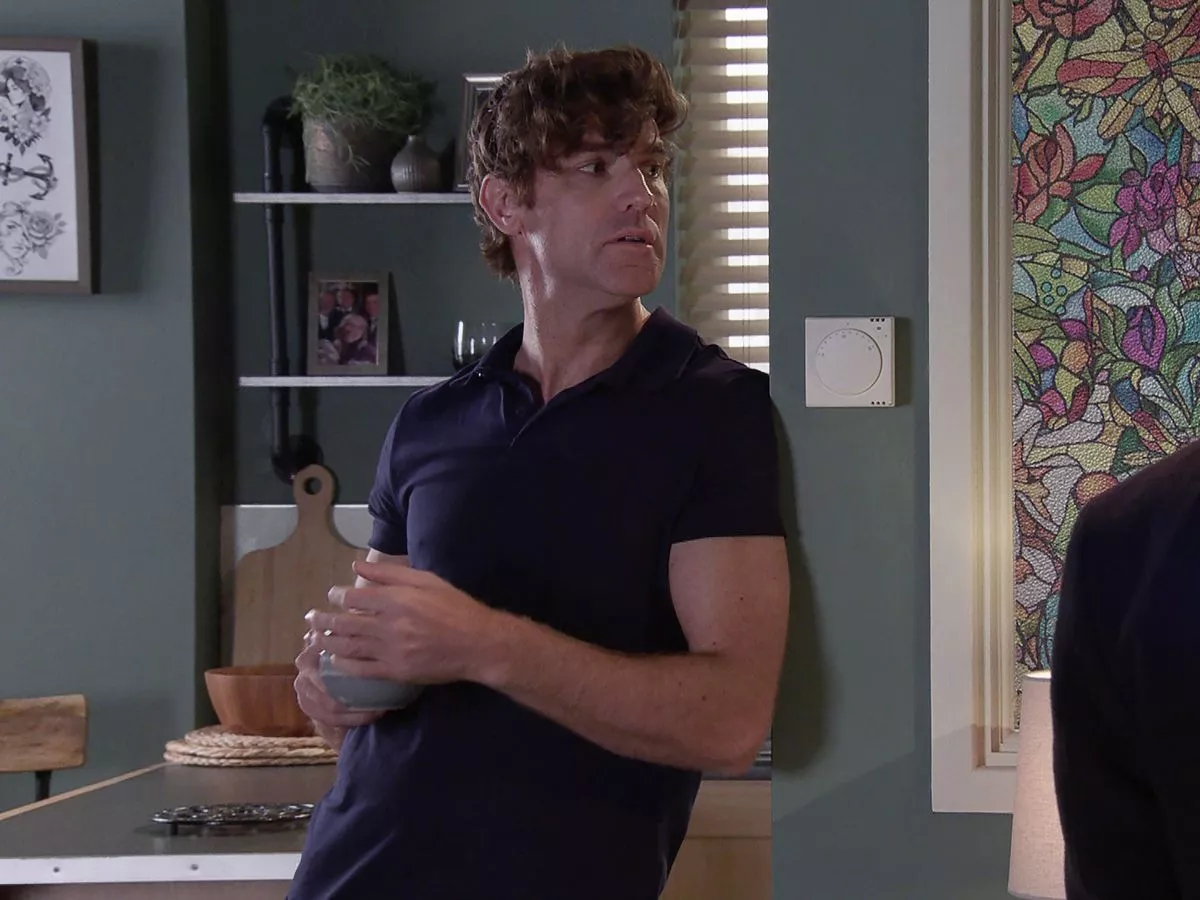Copyright ABC17News.com

COLUMBIA, Mo. (KMIZ) When Sophia Smith moved to Columbia in 2015, she described her neighborhood as “a gloom, dark place.” Speaking at Tuesday night’s "Let’s Talk Local" discussion, hosted by the City of Columbia’s Office of Violence Prevention, Smith said that for her first three months there, she didn’t want to go outside. Day after day, she heard gunfire and saw children gathered outside her home, but said she was “not in the mood to do anything for anyone at the time.” That changed after she found herself in the middle of a near shootout — an experience that pushed her to start reaching out to her neighbors. One day, she stepped outside to find a crowd of people with guns drawn. “I look down and I see all these people gathered, so they are coming this way, the other is coming this way,” Smith told the crowd as she pointed to her left and right. “I walked out in between, and I pleaded and I asked the lady, ‘Please, can you take your son?’ It took everything because I didn’t know if I could have gotten shot or whatever. But I never did that before.” That moment led Smith to start organizing prayer walks in the neighborhood — a small act she said began to bring change. “They respected that someone cared,” Smith said. The event, held at the Molly Thomas Bowden Neighborhood Policing Center, drew more than 40 people, including Democratic state Reps. Gregg Bush and David Tyson Smith, city staff and local media. Ward 2 Councilwoman Vera Elwood was the featured guest, while Office of Violence Prevention Administrator D’Markus Thomas-Brown presented on the city’s ongoing efforts to address community violence. Thomas-Brown was one of the people who joined Smith’s prayer walks years ago, even though he admitted he was initially hesitant to participate. “We’ll do it one time,” he jokingly told the crowd. “Because the statistics of getting shot just doing it once… she said, ‘nah, we are going to do it for seven days. I said ‘There we go, yeah, we're getting shot.”’ Along with the prayer walks, Smith said she began making for people in the neighborhood and organizing large community gatherings of over 100 people without issue. Both Smith and Thomas-Brown said the walks helped bring neighbors together. “When we talk about the Office of Violence Prevention and the Community Violence Intervention, it’s not something that happens in a vacuum and is new,” Thomas-Brown said. “People have been doing this for a long time, and as you heard from Miss Sophia, it is a method to the madness.” Data shared during the event underscored the city’s challenges. While Columbia’s overall standard of living has improved, disparities remain stark for Black residents. The city’s median household income is about $64,500, but Black households report a median of just $34,400. Poverty among Black adults sits at 36%, with child poverty between 40-50%. Thomas-Brown said the Office of Violence Prevention is working to address those underlying inequities. He said part of the mission is “community enrichment,” and the office is exploring a simulator program to illustrate how issues like poverty contribute to cycles of violence. Columbia Police Chief Jill Schlude also spoke, addressing department staffing challenges. The police department is allotted 185 positions and is close to filling them, but Schlude said the next step is evaluating whether that’s enough. “We are asking the police to do a lot of different things that aren’t their lane,” she said. “That’s part of how we got into the place we are today because we are asking police officers to do social work and mental health and addiction and all sorts of different things… We can’t arrest our way out of this.” Schlude said CPD is working to host a two-day retreat within the city to examine staffing and deployment. “We have to figure out what we need versus what we have and then figure out a plan to get there. I’ll tell you honestly that’s one of my biggest fears about retention, is that we won’t be able to retain people because we are asking them to do too much,” Schlude said during the meeting. “We can't arrest our way out of this. However, we talk about the carrot and stick all the time, and sometimes that's what needs to happen.” Schlude said most of the city’s police officers have received Crisis Intervention Training, but a gap remains from when the city’s former training program, the LETI training academy, stopped offering it. The department now aims for 100% certification, though the training requires a full week to complete. “We weren't aware that they stopped offering that as part of the normal training for new police officers, so that created this gap that we have to go back and fill,” Schlude told ABC 17 News. “That's a little difficult because CIT is a lengthy program. It’s a 40-hour program. So when you're understaffed and you're trying to find a way to train somebody, a week's worth of training, that's hard work, chipping away at it little by little. I will say, too, CIT started a long time ago, and it's kind of a foundational piece to those crisis interventions. But we do a lot of other training that's interrelated with CIT.” Schlude said police involvement in the Office of Violence Prevention is focused on deterrence — an effort the city had previously tried to launch but struggled to get off the ground. “I feel like everybody involved now, from DeMarcus, his office, to Roger Johnson at the prosecutor's office, the new U.S. attorney in the Western District got named a few months ago, he has told us he's willing to engage in this,” Schlude said. “So I think that is very promising for us because for us, the carrot and the stick that we talked about, a lot of that is through a program like Focus Deterrence, which is really giving people options, saying, ‘Hey, we know you're engaging in these criminal activities, we'd really like you to get a job, get your GED, you know, help us help you find housing.’” Assistant Chief Mark Fitzgerald said fewer than 2% of calls police respond to result in arrests. “That is already such a small part of what we do. The much larger part is talking with people and trying to resolve these situations without arresting,” Fitzgerald said during the meeting. “We screw it up sometimes, I’m not suggesting that we don’t because we do. But I think as a whole we do a pretty good job.” Attendee Drew Hines said he left the meeting hopeful. “It wasn’t just white, black, the community was there, and it seems like it was a healthy representation of Columbia,” Hines told ABC 17 News. “I was very cautiously optimistic about the future.”



